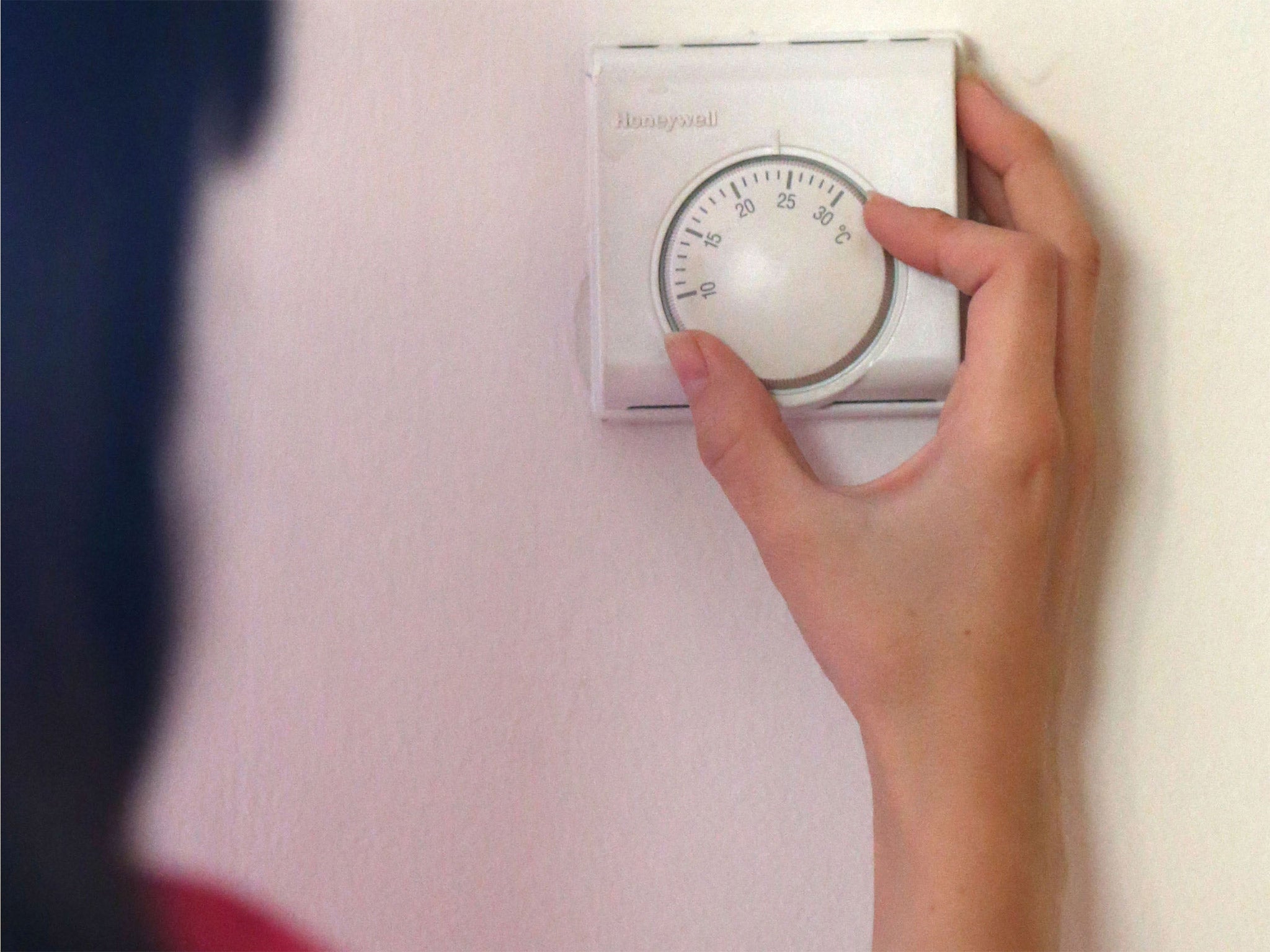Customers paying up to £250 more on energy bills than they should every year
Shadow Energy Secretary Caroline Flint attacks Tory government

Three quarters of us are paying up to £250 a year more than we need to heat and light our home, reckons Caroline Flint, Labour’s shadow Energy Secretary.
She’s accused David Cameron of failing to live up to his promise made two years ago of forcing energy suppliers to put all customers on the best deal.
That’s because 75 per cent of households are still on their supplier's standard variable tariff, even though it’s likely to be on average £180 a year more expensive than the cheapest tariff.
In the worst cases some customers are paying nearly £250 a year more, warned Ms Flint.
She said: "More than two years after David Cameron promised to make energy companies put all customers on the lowest tariff, millions of households are still being routinely overcharged by hundreds of pounds every single year.”
Labour has called for the energy regulator to be given the power to force energy suppliers to cut bills, and to freeze prices so that bills cannot rise until 2017.
Lawrence Slade, chief executive of Energy UK said: “Standard variable tariffs are just that, the standard price a company is offering energy to customers. Cheaper fixed price deals are able to take advantage of short term changes in costs and usually offer lower prices than the standard deals, often for a year or two.
“However, the important thing for customers to remember is there are a wide range of deals available in the market. If a customer thinks they might be able to save some money by switching tariff or company they should log on to a comparison site or call their supplier.”
Join our commenting forum
Join thought-provoking conversations, follow other Independent readers and see their replies
Comments
Bookmark popover
Removed from bookmarks